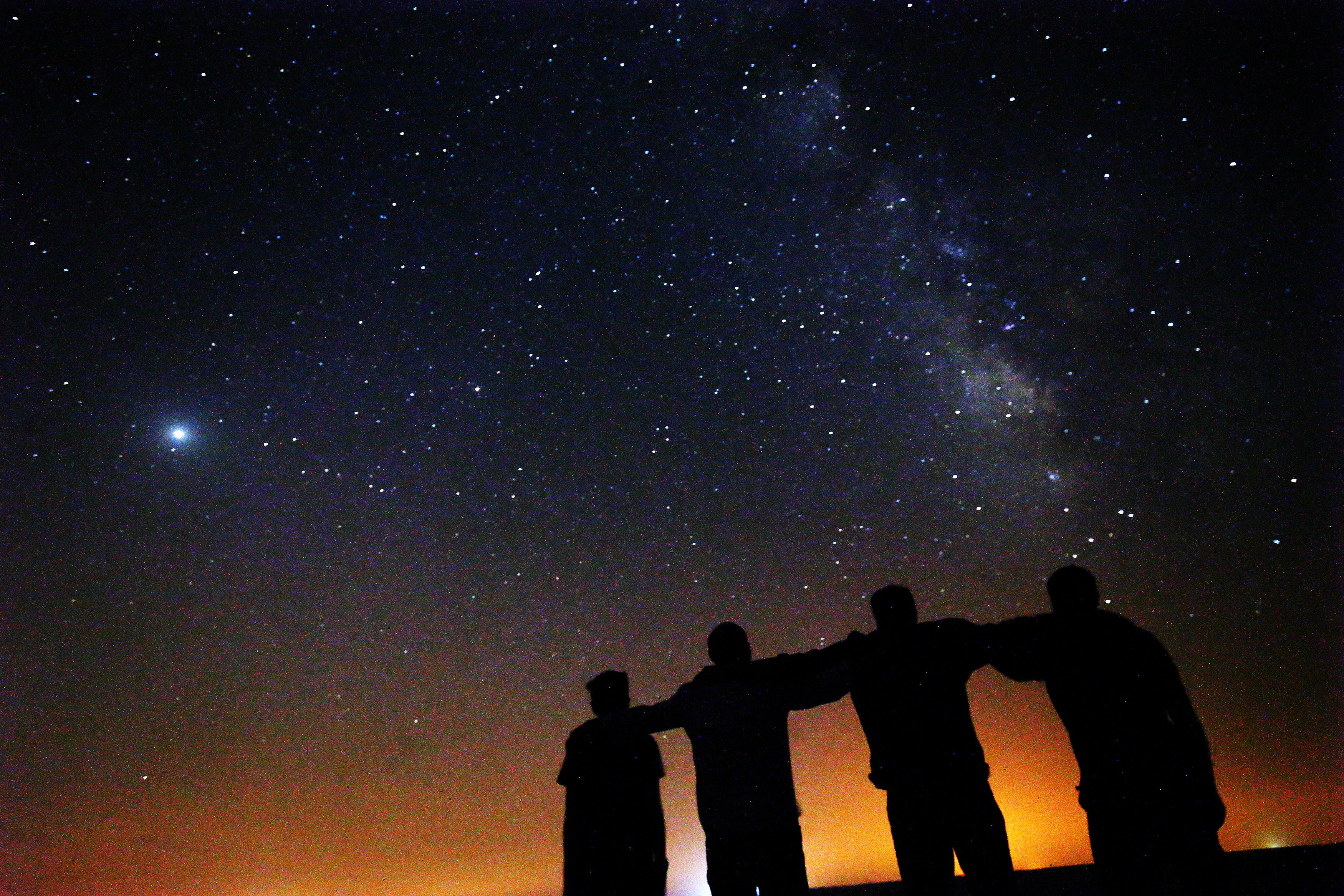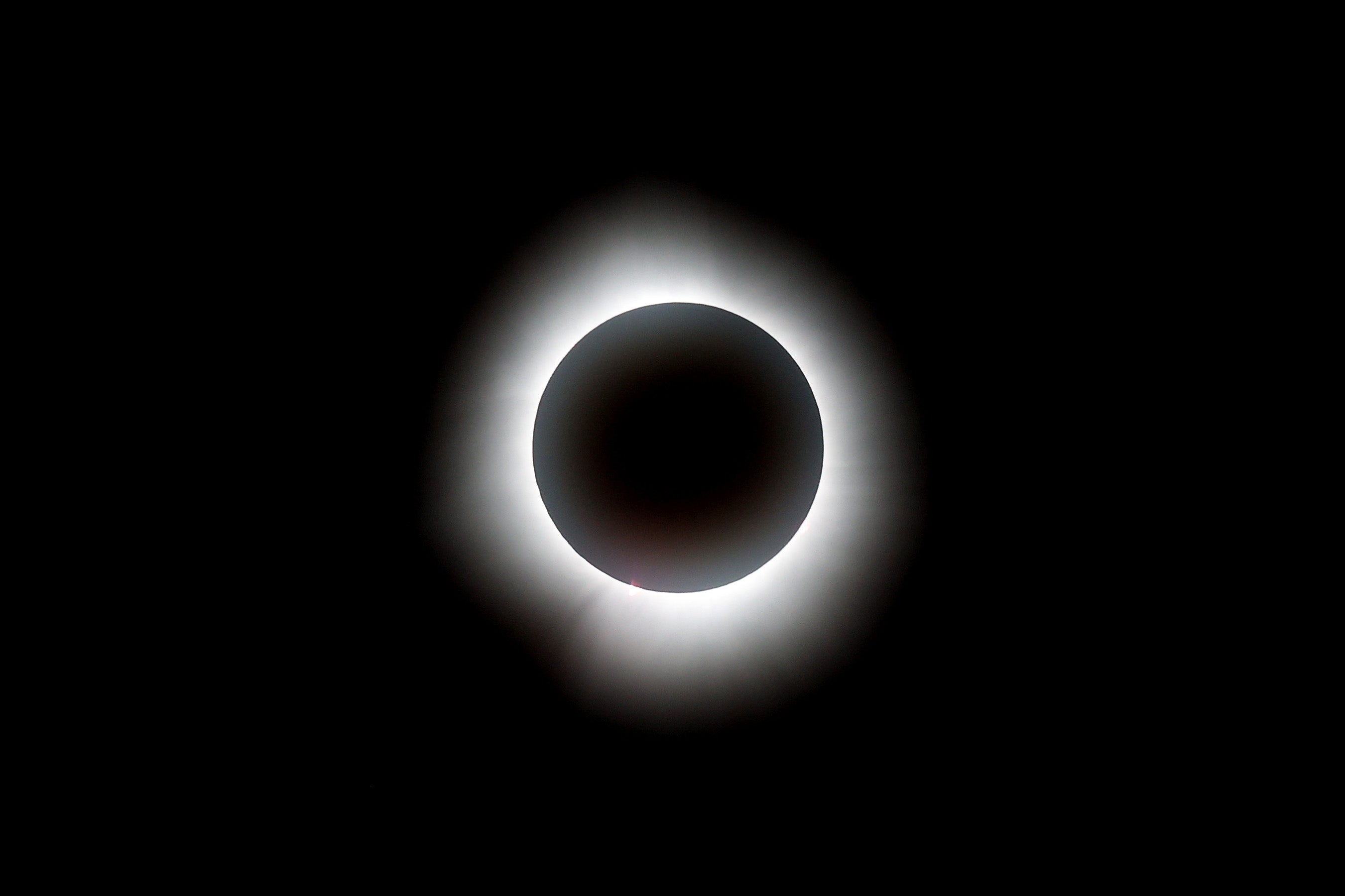Just when you thought things couldn’t get any weirder, a rare black moon is set to rise this weekend.
It’s expected in the early hours of Saturday morning, at around 2:06 a.m. EDT, according to the U.S. Naval Observatory. But you don’t need to wake up at 2 a.m. to try to catch it.
The black moon — which was named fairly recently and is not an official astronomical term — is different than many of the well-known moons of the year, such as the pink, harvest, or blood moons.
Unlike the other celestial spectacles, you can’t see this one.
That’s because the black moon is a special kind of new moon. One of the moon’s eight phases, a new moon occurs when the moon passes between the Earth and the sun, making it invisible from Earth.

The black moon marks this invisible phase, with the illuminated side facing the sun and the dark side facing Earth.
There are two kinds of black moons: seasonal and monthly. This is a seasonal black moon, which happens once every 33 months or so. Whereas, the monthly black moon refers to when two new moons rise during a single month, with the second considered to be the black moon.
In February, the black moon is even less frequent than the seasonal black moon, occurring when there is either no new moon or no full moon. That happens only every 19 years, according to Time and Date.
To make matters even more of a headache, the term “black moon” has also been used to describe the third new moon in a season of four new moons, according to Earthsky. But, that’s also often known as a blue moon. So, it may be truthful to use the phrase “once in a black moon” now.
The phrase “once in a blue moon” dates back to 1528, according to MIT. A blue moon is also the second full moon in a calendar month.

So, what’s so special about the black moon if you can’t even see it and it shares its dates with a blue moon?
First, the absence of the moon’s light will make stargazing even more dazzling. Often, light from the moon can be strong enough to block out incoming meteor showers.
With new moons, the moon has even more of an effect on tides because the sun and Earth are in alignment. The moon’s gravitation pull is the primary force that drives ocean tides.
The next seasonal black moon is expected on August 20, 2028, and the next monthly black moon will happen on August 31, 2027.
If you really want to see something similar to the black moon, try to catch a solar eclipse. The next total solar eclipse is slated for August 12, 2026, but you’ll need to buy plane tickets to Greenland, Iceland, Spain, Portugal, or Russia to see it.


